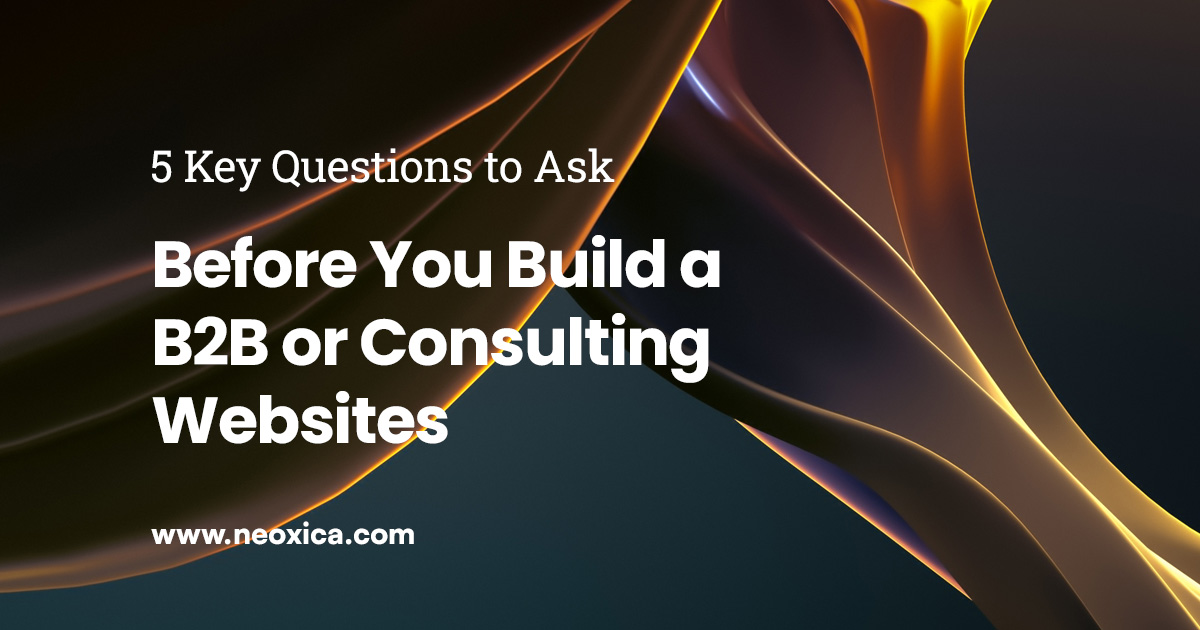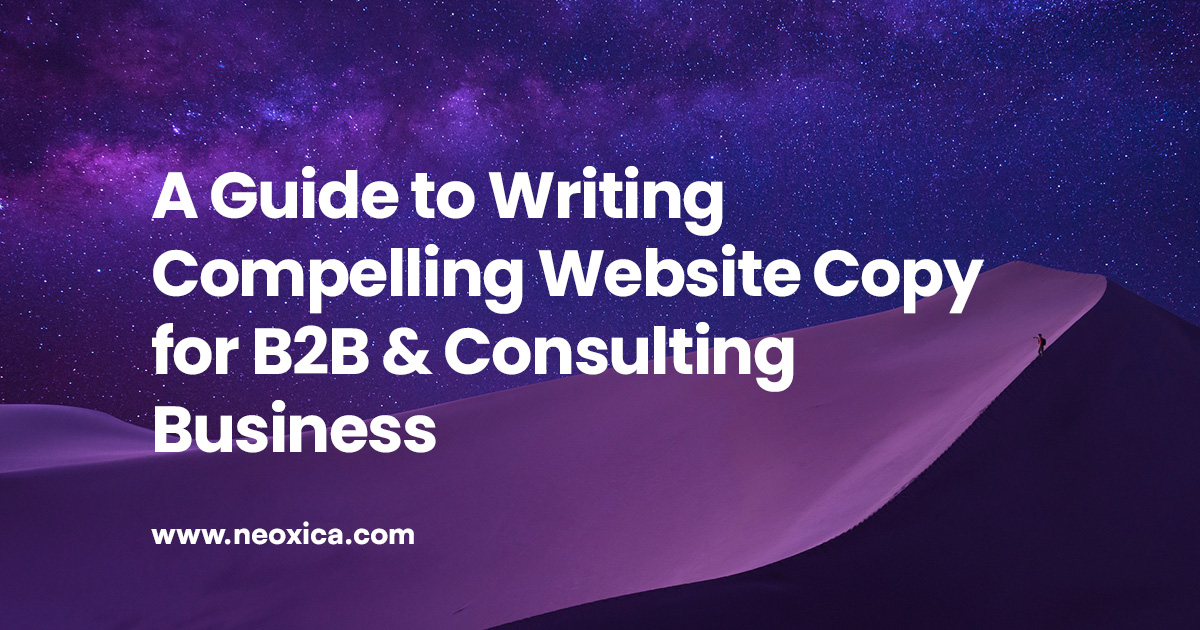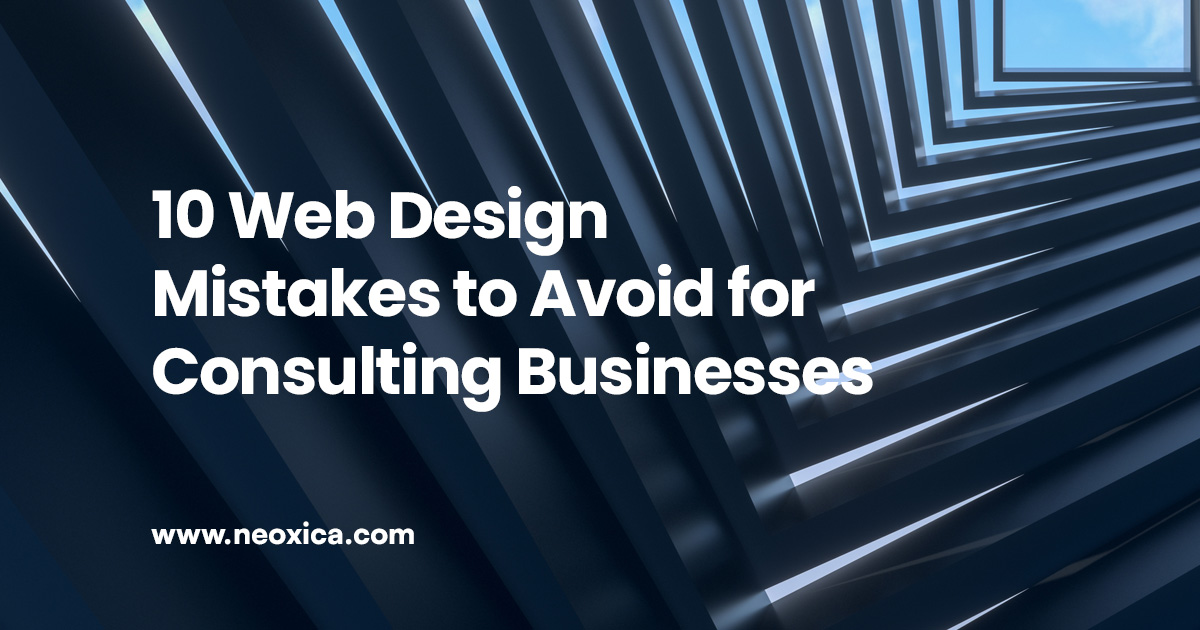As a consultant, having a professional website is crucial for establishing legitimacy and effectively communicating your services. However, the process of creating a website can be overwhelming with so many options to consider.
Fortunately, as a tax consulting business owner and professional web designer with experience building over 200 websites for consultants, I’ve compiled a list of frequently asked questions (and answers) to help you get started!
What website platform is best for consultants?
If you’re a consultant wondering about the best website platform, I recommend WordPress with Elementor page builder. With its intuitive drag-and-drop interface, you can easily edit and manage your site. Additionally, WordPress has an enormous library of plugins available that can add any desired functionality to your website.
Some ask why I prefer WordPress over Squarespace or Wix. The answer is simple: WordPress’s ease of use and smoother learning curve have been better suited to my clients’ needs (which is most of them are busy business owners).
What pages should consultant website have?
Below is a sample sitemap of commonly used pages on successful consulting websites. While not all of these pages may be necessary for every consultant, I’ve included them to provide some inspiration and ideas for your website.
- Homepage: Your homepage should immediately communicate what you do, who you serve, and how you can help your clients. Include a clear call-to-action that directs visitors to the next step.
- Services: Use this page to break down what’s included with each of your services and how they benefit your clients. It’s important to provide a clear call-to-action for each service to encourage visitors to take action.
- Blog: Writing blog posts that address common questions related to your expertise can improve SEO, drive more traffic to your site, and build trust with potential clients. Your blog can be a simple grid of posts with a title and thumbnail image for each post.
- About: Use your about page to explain why you’re a consultant, your philosophy or approach, and share your values. This is also a great spot for a headshot or other photos of yourself to add some personality.
- Contact: Your contact page should provide a clear next step, whether it’s scheduling a call or booking a consultation. Include a call-to-action that encourages visitors to take the next step. This can be achieved through a form on the page, an email address, or even a phone number to call.
Should I use stock photos?
Although custom photography of you working with your clients is preferable, it may not be feasible due to budget constraints. In such cases, stock photos can be a good alternative.
At Neoxica, I often suggest using stock photos from sources such as Adobe Stock or iStock to enhance our client’s websites.
To ensure that the chosen stock photos are effective, follow these do’s and don’ts:
- Don’t use photos that look overly staged or artificial.
- Do select images that represent real-life situations.
- Don’t use busy or complicated pictures behind text.
- Do choose photos with simple, uncluttered compositions.
- Don’t settle for the first photo you come across.
- Do take the time to find a unique and suitable image.
What “must have” functionality do consultants need on their website?
One important functionality that some consultants require on their website is online scheduling. Online scheduling can save time and streamline the process of booking appointments or consultations.
One convenient app to use for this purpose is Calendly, which allows visitors to choose a date and time without requiring back-and-forth emails. You can embed the calendar onto your contact page for easy access. Calendly offers both free and paid pricing plans.
Another option to consider is Koalendar, particularly if you offer multiple services. Koalendar also offers free and paid pricing plans.
By including online scheduling functionality on your website, you can make it easier for potential clients to book appointments with you, which can ultimately lead to more business.
Read also: Building high-converting website for B2B and consulting business.
Should I build my website myself?
Although creating your website may save you money at first, you may not have the necessary expertise to deliver a satisfactory result, which could eventually cost you more money.
I suggest that you hire a professional to build a website that showcases your expertise, if your budget permits. However, if you are willing to take on the challenge and have extra time, you can create a new WordPress site and try it out. I hope that our best practices will assist you in your journey.
Well there you have it!
As a professional web designer, I understand the importance of having a strong online presence, and I hope this guide has been helpful in your journey.
If you need any assistance with building a professional website that meets your specific needs, my team and I at Neoxica are here to help. We specialize in designing and developing websites for consultants and businesses, and we would be happy to discuss your project with you.
Contact us today to get started and take the first step towards establishing a strong online presence for your consulting firm!



